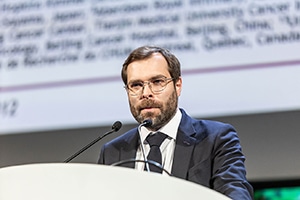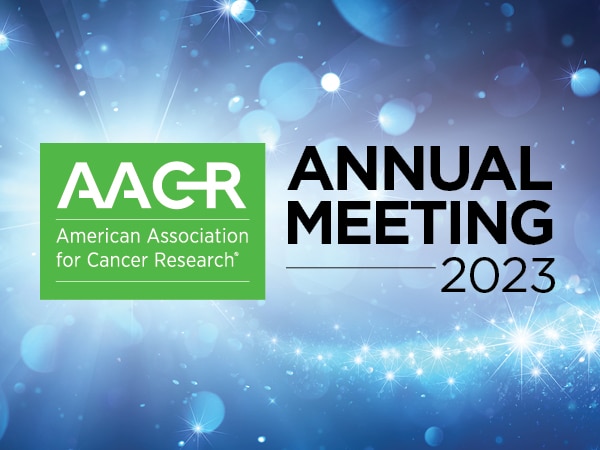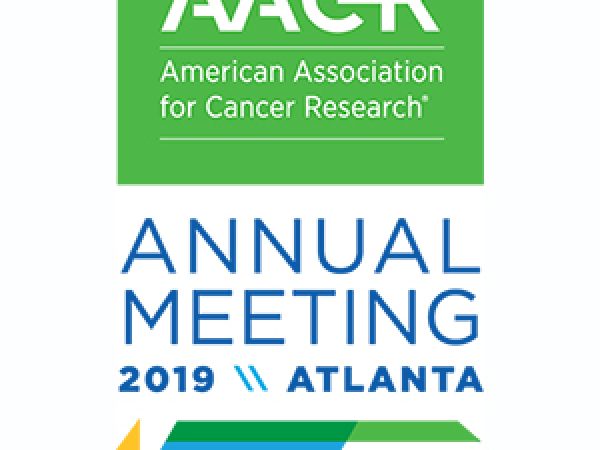Annual Meeting 2022: The New Frontier of Immunotherapy in Lung Cancer—Boosting the Immune Response Before Surgery
When diagnosed early, lung cancer can often be treated with surgical resection. However, patients with resectable non-small cell lung cancer (NSCLC) are at risk for disease recurrence within five years after surgery. Recurrence risk depends partially on stage at diagnosis. Patients diagnosed with stage 1 NSCLC have a 25 percent risk of recurrence; patients diagnosed at stage 2 have a 35 to 50 percent risk of recurrence, and patients diagnosed at stage 3 have an even greater risk.
NSCLC patients who undergo surgery are treated with perioperative chemotherapy to target the residual cancer cells that could circulate and cause recurrence or development of metastatic disease. While this approach has brought a small improvement in survival, it also adds more toxicity, so it is not optimal to improve outcomes.
Adjuvant immunotherapy with atezolizumab (Tecentriq) was recently approved for patients with PD-L1-positive tumors following resection and platinum-based chemotherapy.
Preclinical evidence provided the rationale for assessing immunotherapy as a neoadjuvant treatment (before surgery), and several clinical trials are exploring the hypothesis that this strategy may benefit patients with early, resectable lung cancer.
The idea is that, given before surgery, immunotherapy may allow for a more effective priming of the immune system, as the presence of the primary tumor provides a source of neoantigens and tumor-infiltrating lymphocytes that can respond to checkpoint inhibition.
Some of these studies were discussed at the AACR Annual Meeting 2022 in a clinical trial plenary session on neoadjuvant and perioperative immunotherapy.
Nicolas Girard, MD, a professor at Institut Curie in France, presented updated results from the randomized phase III CheckMate 816 trial that recently led to the U.S. Food and Drug Administration’s approval of nivolumab (Opdivo) in combination with platinum chemotherapy as neoadjuvant treatment for patients with resectable NSCLC.
Previous data from the trial, presented at last year’s AACR Annual Meeting, showed that this combination led to significant improvement in the pathological complete response rate (pCR), or the proportion of patients who didn’t show signs of cancer in tissue samples removed during surgery, from 2 percent with chemotherapy alone to 24 percent with nivolumab and chemotherapy.

In this new analysis, Girard and colleagues assessed event-free survival (EFS)—the second primary endpoint of the trial—defined as the time between patient randomization and the occurrence of disease progression before or after surgery or death due to any cause. Data showed a significant and clinically meaningful benefit in favor of the combination of chemotherapy and immunotherapy. The median EFS was 31.6 months in the nivolumab plus chemotherapy arm and 20.8 months for patients who received chemotherapy alone, corresponding to nearly a year of improvement.
Girard noted that this study is the first to demonstrate a survival benefit for patients with resectable NSCLC from the use of neoadjuvant immunotherapy in combination with chemotherapy, and it represents a paradigm shift.
Girard also presented data demonstrating a correlation of EFS with PD-L1 expression levels and with pCR, validating this outcome as a surrogate for EFS. “This was the first randomized study to demonstrate this correlation and represents a major step toward understanding the value of pCR to predict patient outcome in clinical trials,” said Girard.
The new analysis also showed a 43 percent reduction in mortality, although the difference in overall survival data was not statistically significant, likely due to short follow-up time.
Adding nivolumab to chemotherapy did not impact the feasibility of surgery compared with chemotherapy alone.
According to Girard, these findings are encouraging. “Based on the results of this trial, we can envision that patients with resectable NSCLC could be treated with chemotherapy and immunotherapy before surgery with significant impact on survival,” he said. “We expect long term benefit, as we see in patients with metastatic disease treated with immune checkpoint inhibitors.”
In addition to killing occult metastatic cells and reducing the chances of recurrence and progression, this approach may allow doctors to minimize the extent of surgical resection, which, as Girard explained, could reduce postoperative complications and morbidity related to extensive lung parenchymal resection.
Commenting on this trial, David Carbone, MD, PhD, director of the James Thoracic Oncology Center at Ohio State University, said this is a quantum leap in lung cancer therapy. “We are in the age when perioperative therapies are moving us one step closer to curing this disease in more patients,” he said.
He also emphasized the need for robust biomarkers to select patients and predict the likelihood of benefit.

Another study of neoadjuvant immunotherapy is the NeoCOAST phase II multidrug platform trial assessing durvalumab (Imfinzi) alone and in combination with novel immunotherapy agents before surgery in patients with resectable, early-stage NSCLC. This trial was presented by Tina Cascone, MD, PhD, assistant professor at The University of Texas MD Anderson Cancer Center.
The novel agents were oleclumab, a monoclonal antibody that inhibits the CD73 enzyme overexpressed in the tumor microenvironment; monalizumab, an immune checkpoint inhibitor that targets NKG2A expressed on tumor-infiltrating cytotoxic T cells and NK cells; and danvatirsen, an antisense oligonucleotide inhibitor of STAT3.
The results showed that the combination of neoadjuvant durvalumab with these agents improved the major pathologic response rate, defined as the proportion of patients with 10 percent or fewer residual cancer cells in resected tumor samples and lymph nodes at surgery, and the pCR rate compared with durvalumab alone, suggesting that concomitant inhibition of multiple immune pathways may be superior to immune checkpoint inhibitor monotherapy.
According to Carbone, the NeoCOAST trial is a great example of how, in the future, neoadjuvant therapy could be tailored to specific tumor characteristics to optimize outcomes.
A larger phase II trial, NeoCOAST-II, was launched to confirm these results and assess the safety and efficacy of neoadjuvant durvalumab in combination with chemotherapy and oleclumab or monalizumab, followed by adjuvant treatment with the same immunotherapy agents, in patients with resectable, early-stage NSCLC.
As Carbone discussed, multiple phase III trials of neoadjuvant immunotherapy are ongoing and will provide a wealth of data in this field.



